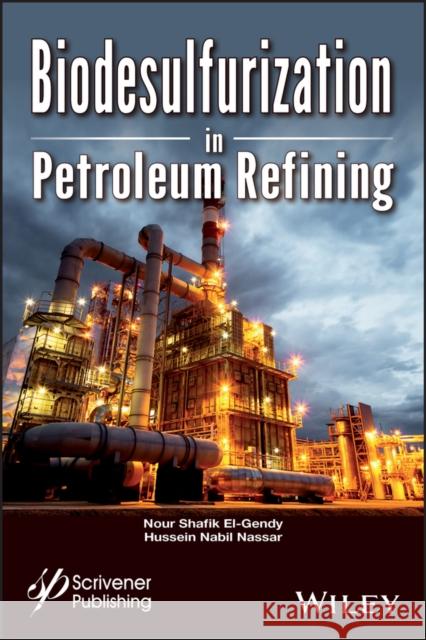Biodesulfurization in Petroleum Refining » książka
Biodesulfurization in Petroleum Refining
ISBN-13: 9781119223580 / Angielski / Twarda / 2018 / 1200 str.
Petroleum refining and process engineering is constantly changing. No new refineries are being built, but companies all over the world are still expanding or re-purposing huge percentages of their refineries every year, year after year. Rather than building entirely new plants, companies are spending billions of dollars in the research and development of new processes that can save time and money by being more efficient and environmentally safer. Biodefulfurization is one of those processes, and nowhere else is it covered more thoroughly or with more up-to-date research of the new advances than in this new volume from Wiley-Scrivener. Crude oil consists of hydrocarbons, along with other minerals and trace elements. Sulfur is the most abundant element after carbon and hydrogen and is usually concentrated in the higher boiling fractions of the crude oil. The presence of sulfur compounds causes the corrosion of refining facilities and catalysts poisoning, in addition to the bad impacts of sulfur oxide emissions on the environment. Removing this sulfur from the refining process protects equipment and the environment and creates a more efficient and cost-effective process. Besides the obvious benefits to biodesulfurization, there are new regulations in place within the industry with which companies will, over the next decade or longer, spend literally tens, if not hundreds, of billions of dollars to comply. Whether for the veteran engineer needing to update his or her library, the beginning engineer just learning about biodesulfurization, or even the student in a chemical engineering class, this outstanding new volume is a must-have.











